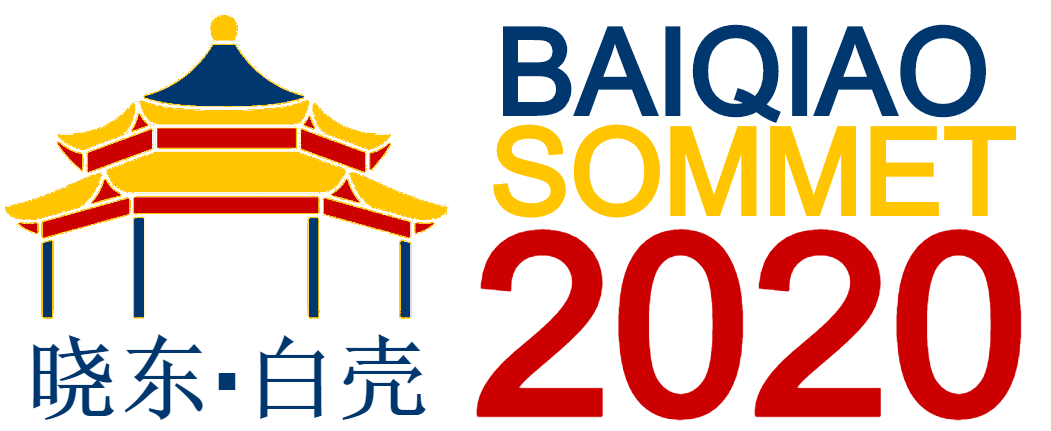
Attendee List
Agenda
Climate Change and global development
The summit aims to discuss the new and pressing issue of climate change, most concretely on its effect in terms of global development. Climate change presents a unique challenge for global leaders who must combine economic development and industrialisation with a more sustainable approach. The challenge comes both from the fact that developed countries remain the largest polluters but the only ones with the capital to make the green switch - whilst developing countries may soon be the largest polluters. Finding a solution to this conundrum through sustainable development practices, global cooperation on the issue and new technologies is therefore a priority.
Situation in Tsabara
Since last year the situation in Tsabara has hugely deteriorated leading to a situation in which the multi-ethnic, multi-faith state has entered a state of collapse. As a large oil producer and close to both Euclea and Zorasan Tsabara's war risks serious harm on the global economy, especially as foreign powers and the interim Tsabaran government have exacerbated the situation through various means. The summit seeks to discuss the impact of migration on national economies, the national security risks the Tsabaran situation represents, the status of foreign economic assets in the country and the disruption of energy sources in the country amongst others.
Itinerary
The summit will be held in the city of Baiqiao, the second largest city in the Auspicious Republic of Xiaodong and one of its most important economic hubs. It will held in the Li Zhaozheng International Exhibition Centre. Accommodation and security is provided by the Xiaodongese government who has also restricted traffic use in the city to reduce air pollution for the summit. The summit will be held over three days in three sessions.
The summit will begin with State Chairman and host Yuan Xiannian greeting guests before he makes an opening speech to the summit. The leaders will be seated on a round table in alphabetical order based on their countries/organisations English name. The exception is Yuan, who will sit at the head of the table besides Zorasani First Minister Akbari and Ajahadyan President Balchandra.
Seating Plan
OOC rules
Please be civil during the roleplay. Whilst world leaders may use harsh rhetoric at times there is a limit.
If a topic is dragging on too long or being bogged down in specifics it may be moved on to keep with the flow of the summit.
Please post articles on the summit after it has ended.
If you are not an attendee please message me (Xiao) over discord and I'll see what I'll do.
The summit will begin on the 24 October 2020. Please do not post on this thread before that date.












